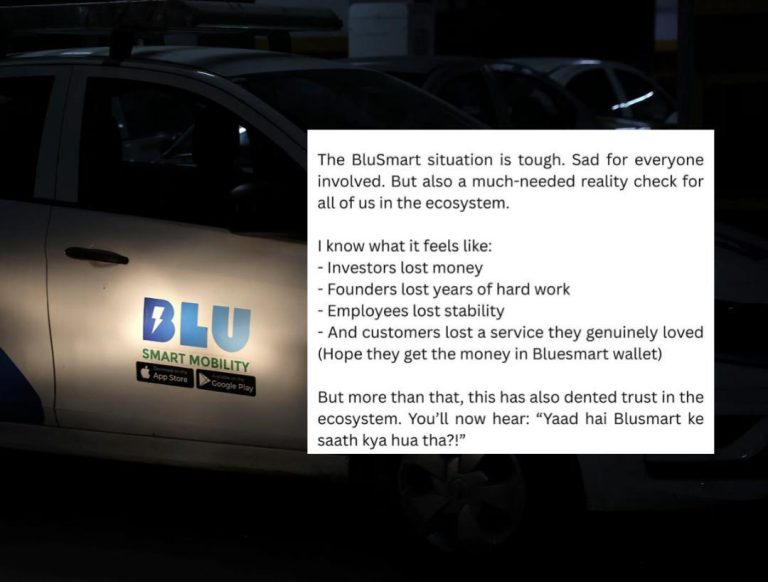
Indian Entrepreneurs Busy Building Brain-Dead Startups: Vionix CEO
The Indian startup ecosystem has been gaining momentum in recent years, with new companies emerging every day, promising innovative solutions to various problems. However, not everyone is convinced that the focus is on solving real problems. In a recent statement, Vivek Wadhwa, CEO of Vionix Biosciences, raised concerns that Indian entrepreneurs are more interested in building brain-dead startups rather than tackling real issues.
Wadhwa’s comments were made during the Rising Bharat Summit 2025, where he highlighted the need for Indian startups to focus on solving real problems and not just creating flashy apps or services. According to him, Indian entrepreneurs are missing out on opportunities to create meaningful impact by focusing on trivial matters.
Wadhwa’s statement is not without merit. The Indian startup ecosystem has seen a surge in food delivery apps, e-commerce platforms, and social media services, which may not be solving any real-world problems. In fact, some experts argue that these startups are merely catering to the whims of urban, affluent Indians, neglecting the needs of the broader population.
Wadhwa’s comments were echoed by Commerce Minister Piyush Goyal, who recently questioned Indian startups for focusing on food delivery rather than deep-tech. Goyal emphasized the need for Indian startups to focus on creating innovative solutions that can address real-world problems, rather than just creating more apps or services.
So, what is driving this trend of building brain-dead startups? There are several reasons why Indian entrepreneurs might be more focused on creating apps or services that may not be solving real problems. One reason is the ease of entry into the market. With the proliferation of smartphones and the internet, it has become relatively easy for anyone to create a startup, regardless of whether it solves a real problem or not.
Another reason is the lack of support for startups that focus on solving real-world problems. Many incubators and accelerators in India are focused on supporting startups that have the potential to scale quickly, rather than those that are focused on solving real-world problems. This can lead to a bias towards startups that are more likely to attract investors and scale quickly, rather than those that are focused on creating meaningful impact.
Additionally, the Indian startup ecosystem is heavily influenced by the global narrative around startups. Many Indian entrepreneurs look to Silicon Valley as a model for success, where startups are often focused on creating innovative solutions to real-world problems. However, this narrative may not be relevant to the Indian context, where the needs and challenges are different.
So, what can be done to change this trend? Firstly, there is a need for greater support for startups that focus on solving real-world problems. This can include providing funding, mentorship, and resources to entrepreneurs who are working on projects that have the potential to create meaningful impact.
Secondly, there is a need for a shift in the mindset of Indian entrepreneurs. Rather than focusing on creating apps or services that may not be solving real problems, entrepreneurs should be encouraged to focus on creating innovative solutions that can address real-world problems.
Finally, there is a need for greater awareness about the impact that startups can have on society. Many Indian entrepreneurs may not be aware of the potential impact that their startups can have, and may not be motivated to create startups that focus on solving real-world problems.
In conclusion, while Indian entrepreneurs are busy building brain-dead startups, there is a need for a change in the narrative around startups in India. Rather than focusing on creating apps or services that may not be solving real problems, Indian entrepreneurs should be encouraged to focus on creating innovative solutions that can address real-world problems. With greater support and awareness, Indian startups can create meaningful impact and address the needs of the broader population.





